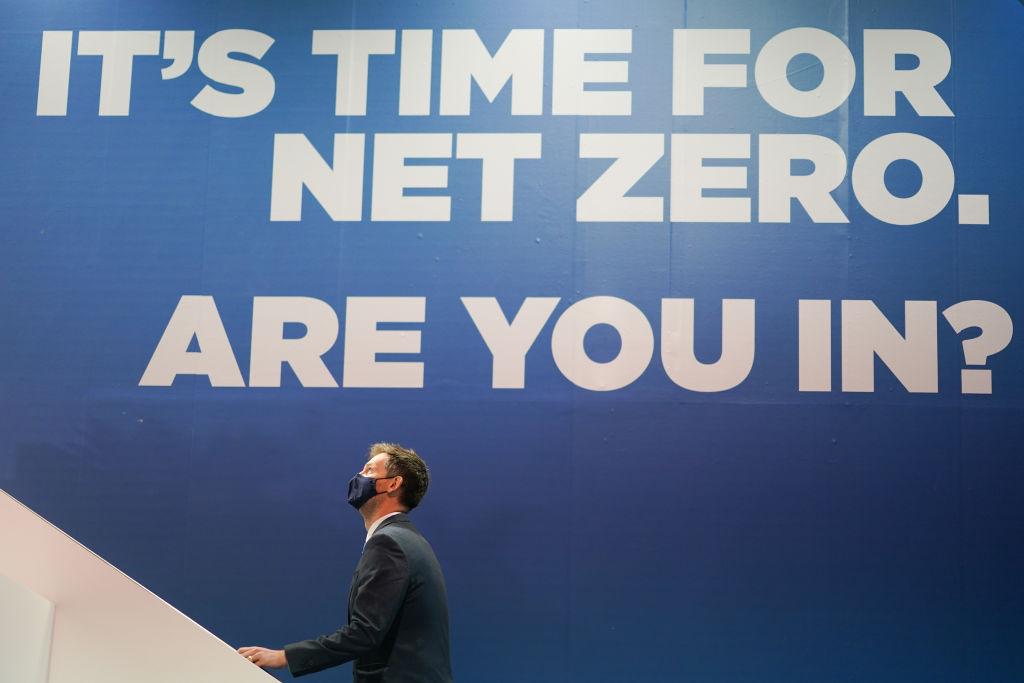In the UK’s drive toward net zero carbon emissions, the island nation will need to rely heavily on wind power, which could lead to energy shortages and electricity rationing, according to an activist and author.
The UK plans to “completely decarbonize the economy,” which means replacing fossil fuels with technologies based on electricity, which will mainly be generated by wind farms, said Andrew Montford, director of the UK-based Net Zero Watch and author of “The Hockey Stick Illusion.”






